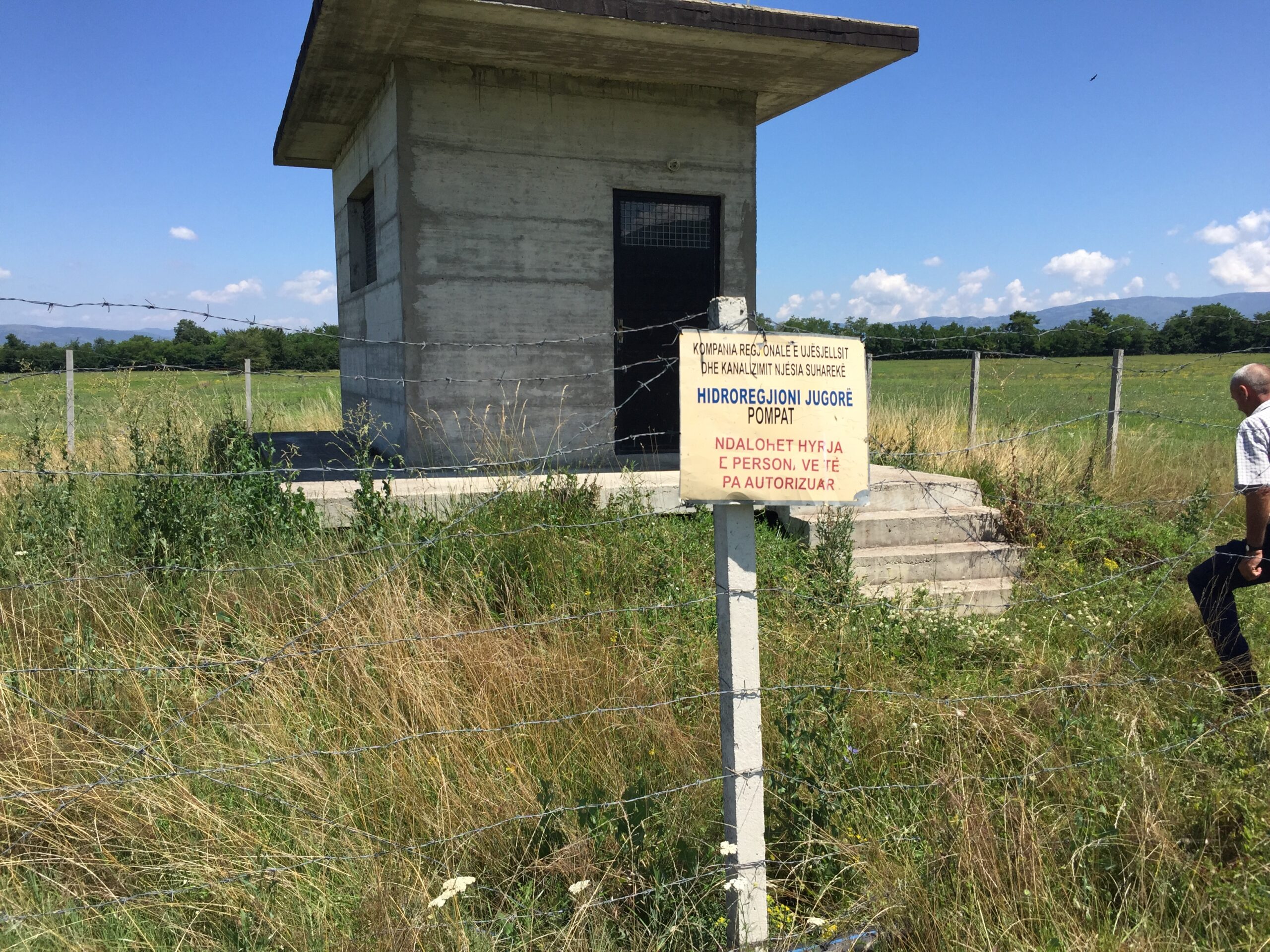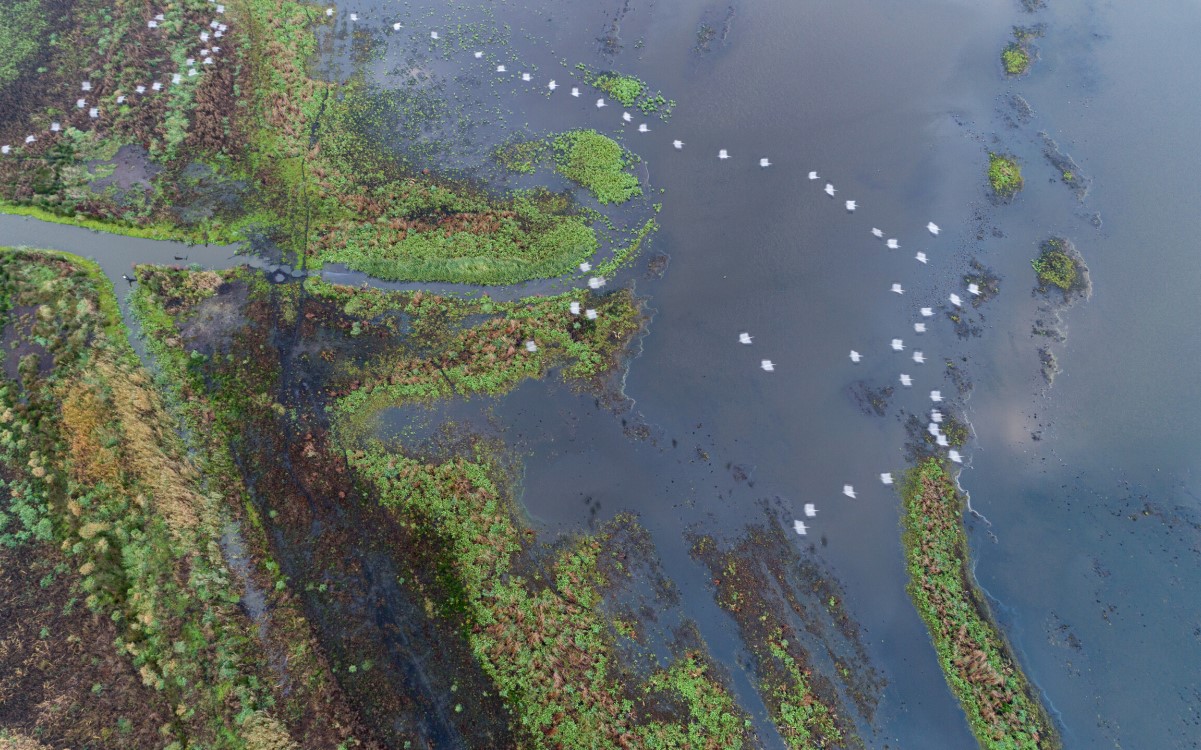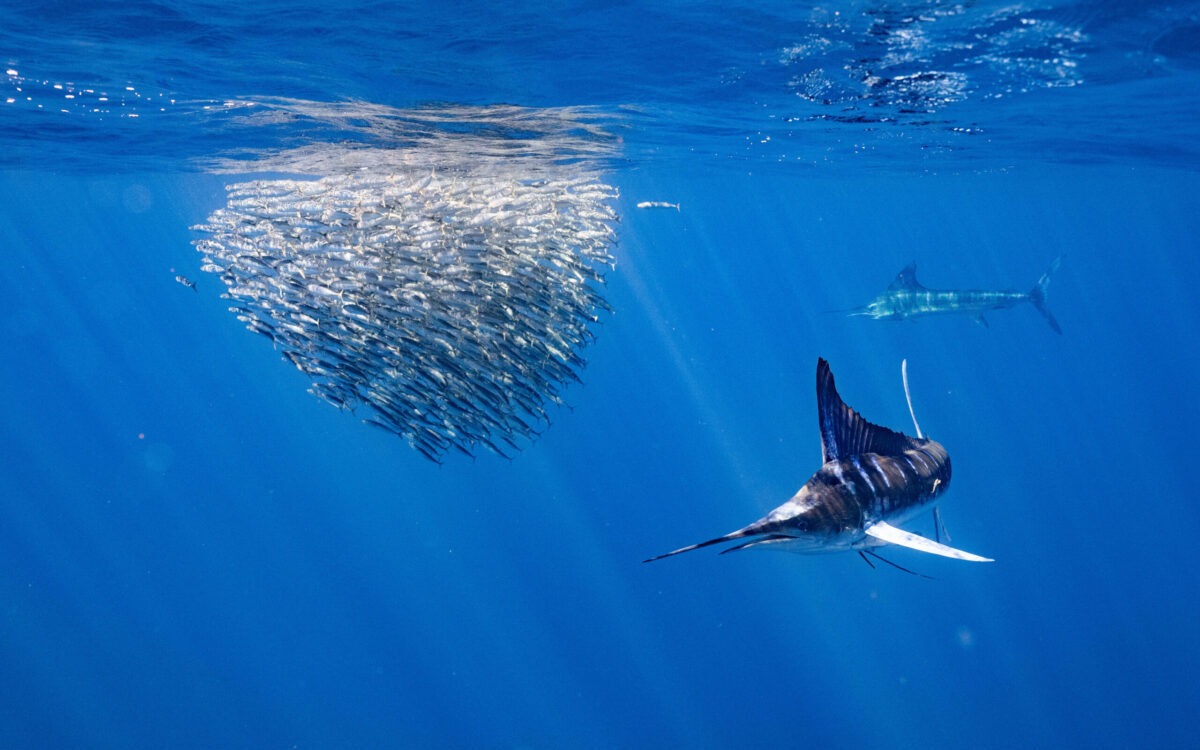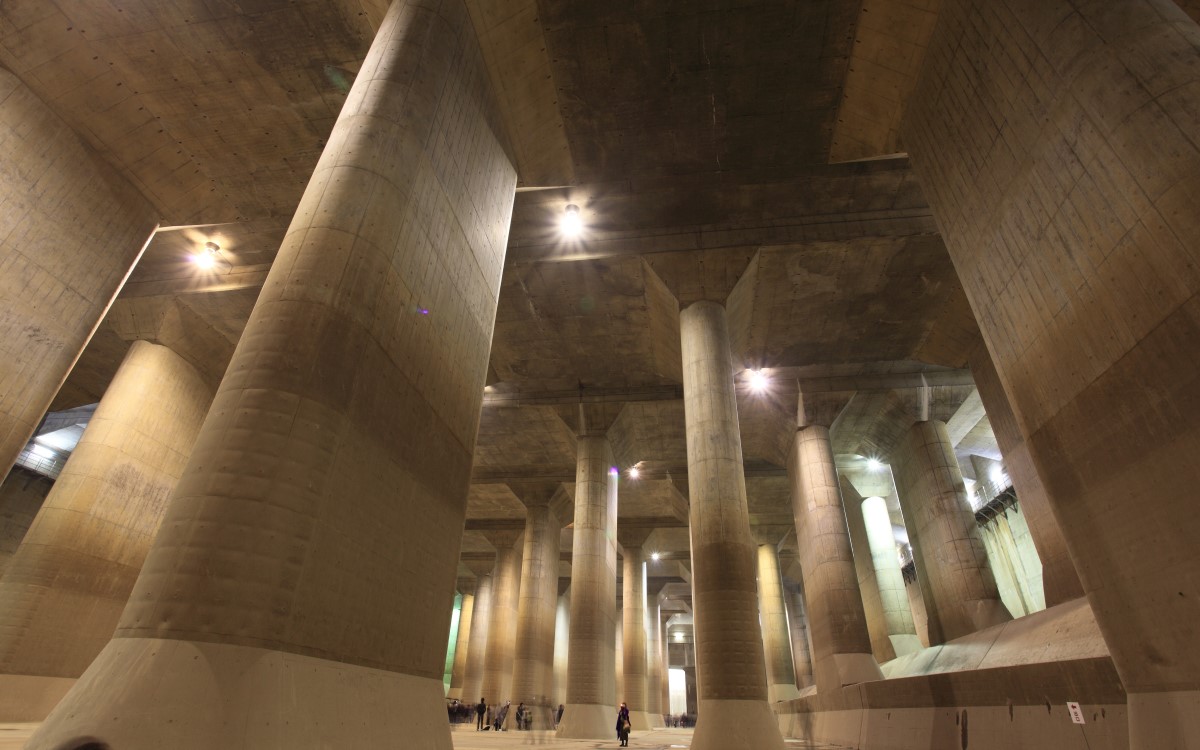The youngest state in Europe, the Republic of Kosovo, with approx. 1.9 million inhabitants, counts among the poorest of the Balkan states. Many of the drinking water systems are over 30 years old and have been severely damaged and neglected during the past political unrest. Therefore, the Swiss Government, represented by the SDC (Swiss Agency for Development and Cooperation), commissioned this large-scale project, which has entered the final phase and will be concluded in December 2020.
Since 2000, the Swiss Cooperation Office in Kosovo has been investing in the water sector, supporting the development and growth of water supply companies and, at the same time, ensuring that rural communities are supplied with clean water. This enabled Kosovo to achieve over 80% of their Millennium Development Goals by December last year. The country is also well on the way to reaching the UN sustainability goals in terms of water. Since 2000, the project has successfully connected over 600,000 households to the public drinking water supply grid.
This large-scale project was divided into six phases; the current – and final – Phase VI serves as the "exit phase", which aims to support all seven of the country’s water supply companies by boosting their capacity. During the earlier phases, the focus was on building up the infrastructure; now the main focus is on enabling the water supply companies to work successfully over the long term. The staff is being trained on site by means of training sessions and sharing best practice within the framework of pilot projects. Getting the remaining rural areas connected to the drinking water supply grid is also part of the focus. Added to this is the designation of water conservation areas, to protect certain areas from dangerous influences (e.g. pollution) and to reduce energy consumption and loss of water, e.g. through leaks in the pipelines.
Hand in hand for a sustainable supply of drinking water
The water supply companies are responsible for operating and maintaining the water supply and wastewater systems. Often, however, there is not sufficient qualified personnel on site, and there are not adequate financial resources to keep the local systems in long-term operation. Pilot projects on the spot help the water supply companies to deal with these themselves, for example by implementing joint programs for the reduction of water losses, planning rehabilitation measures or implementing jointly developed operation and maintenance plans. Two water conservation areas were chosen and designated accordingly: before the close of the project, three more conservation areas will follow. In 23 pilot areas, water losses are being reduced through cooperation, either by replacing derelict pipelines or introducing more efficient administration. In two additional regions, plans are being made for how energy losses could be reduced by over 5% through comprehensive measures.
The scope of services by Dorsch / CDI includes the following:
- Development of plans for general, fair access to drinking water
- New rural water systems for the municipalities in the north
- Modernization of dilapidated water systems
- Quality management in operation and maintenance
- Administrative and technical processes for reducing water losses
- Support with the accreditation of water quality laboratories
- Designation of water conservation areas
- Development of customer strategies
- Management of rural wastewater treatment
- Increased energy efficiency measures
- Increased use of renewable energy sources
"Access to clean water is a basic human need. To achieve universal and equitable access to safe and affordable drinking water for all, that is the reason why we work closely with all water utilities in Kosovo. Together, we want to make sure that the water utilities are able to achieve this goal independently and sustainably," stated Alan Brown, project manager, Internal Cooperation, at Dorsch in Kosovo.




